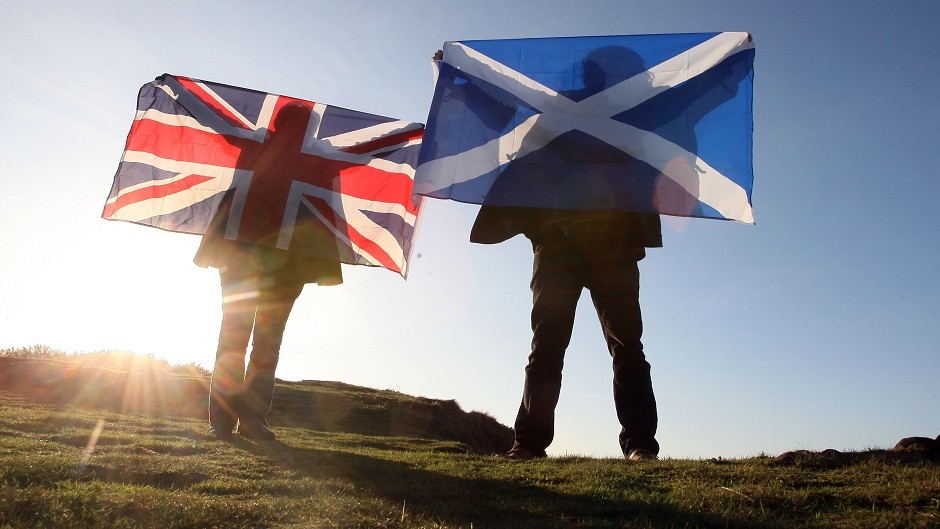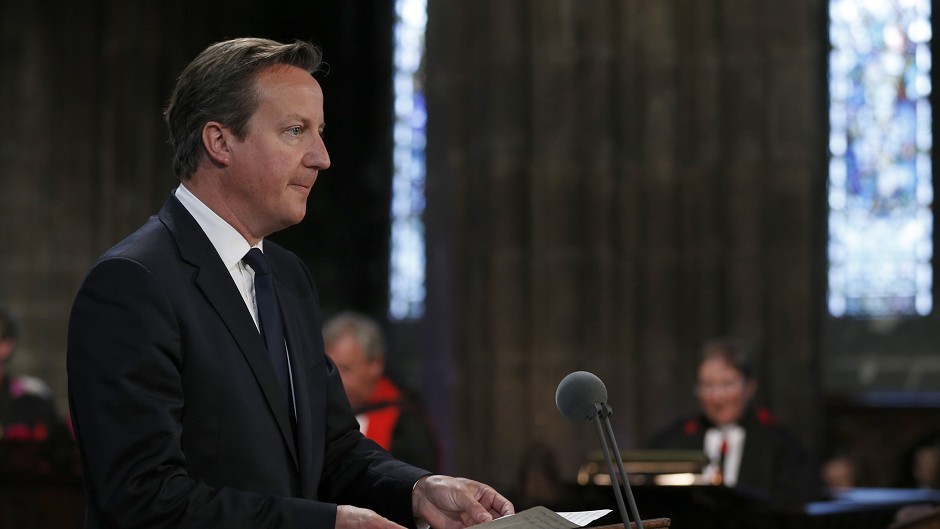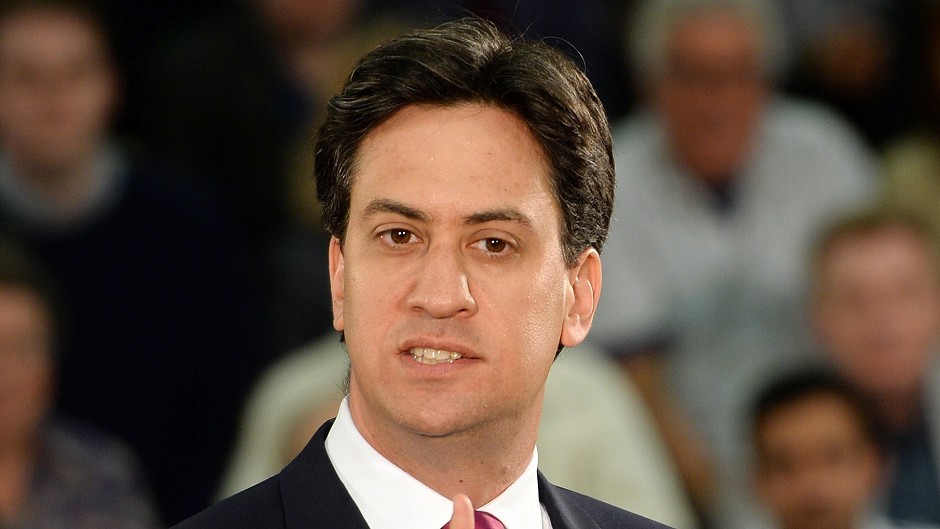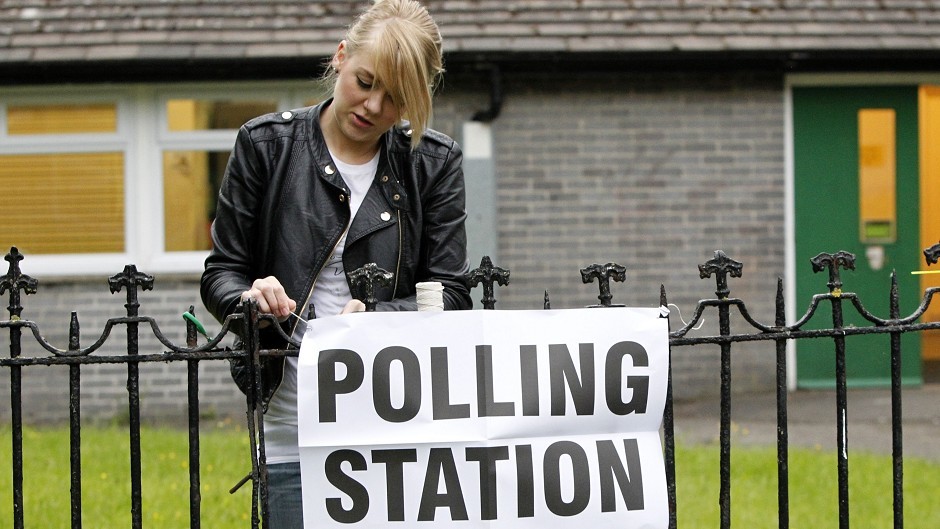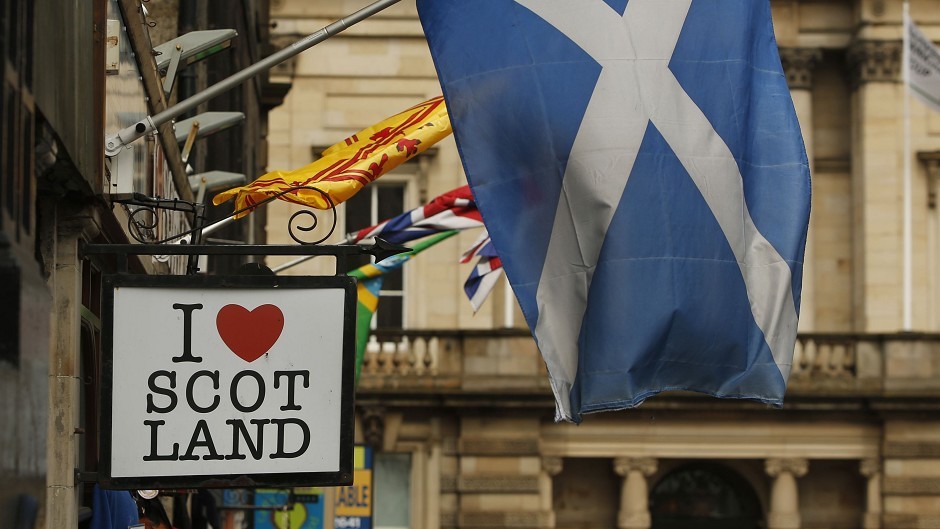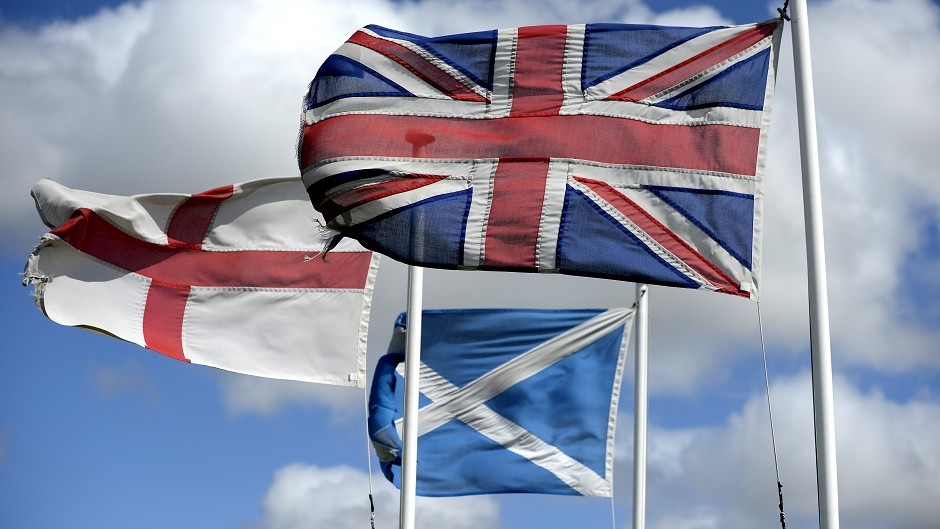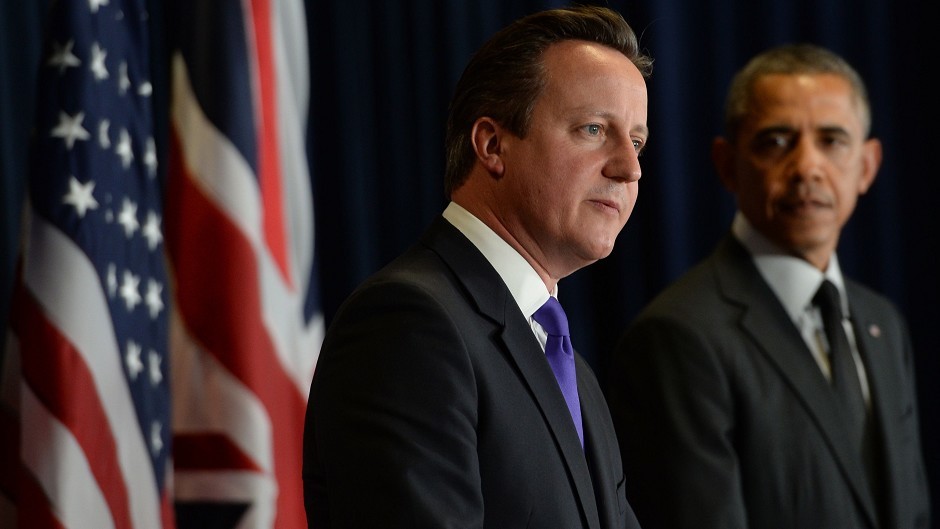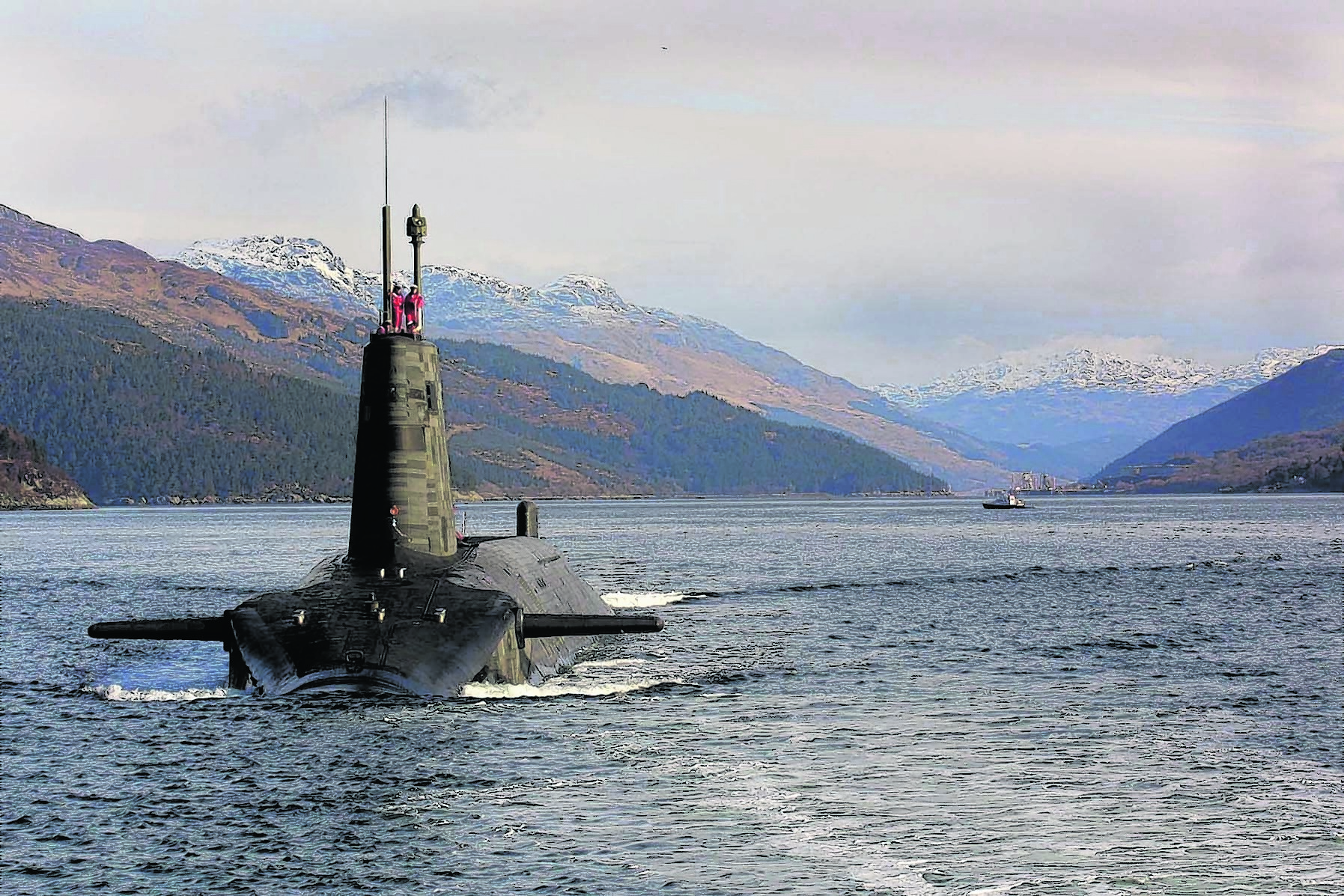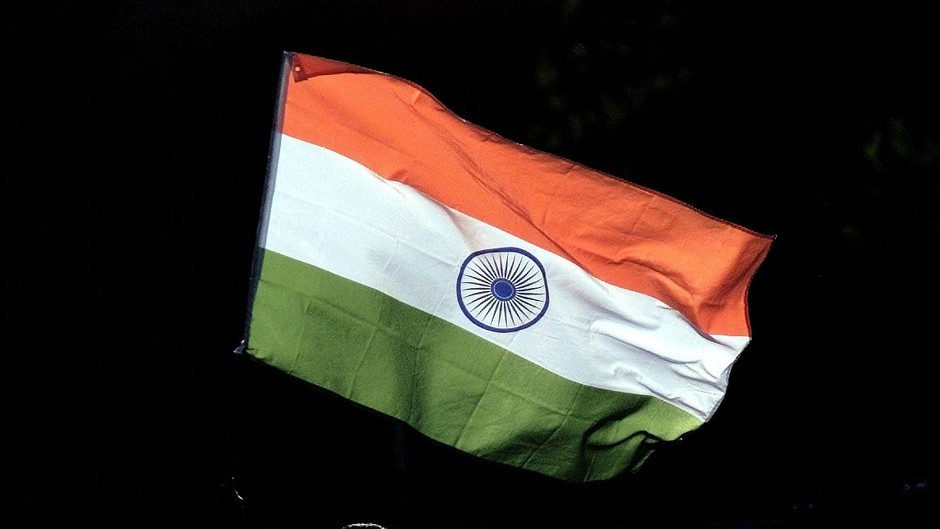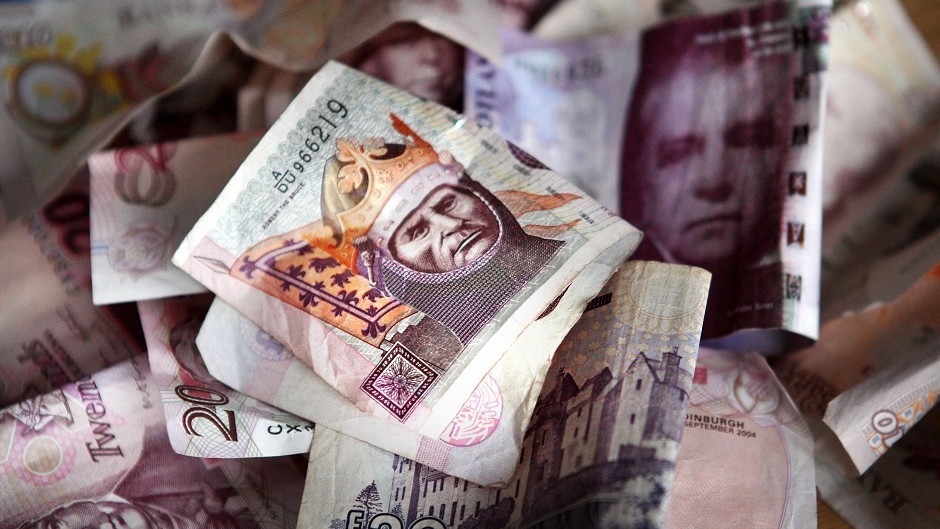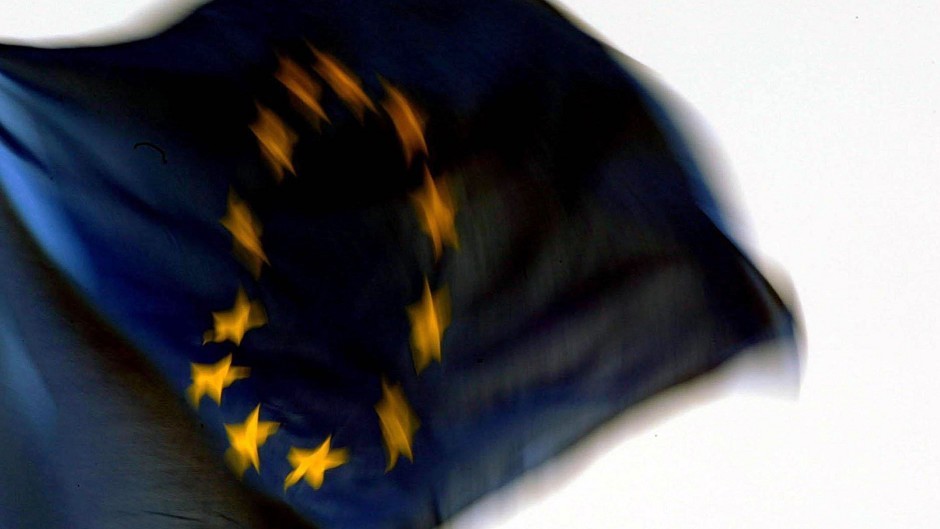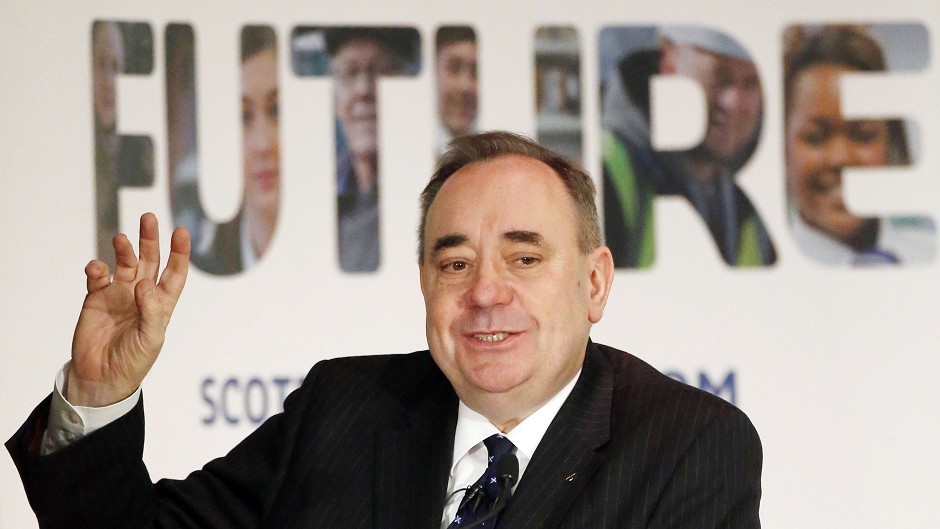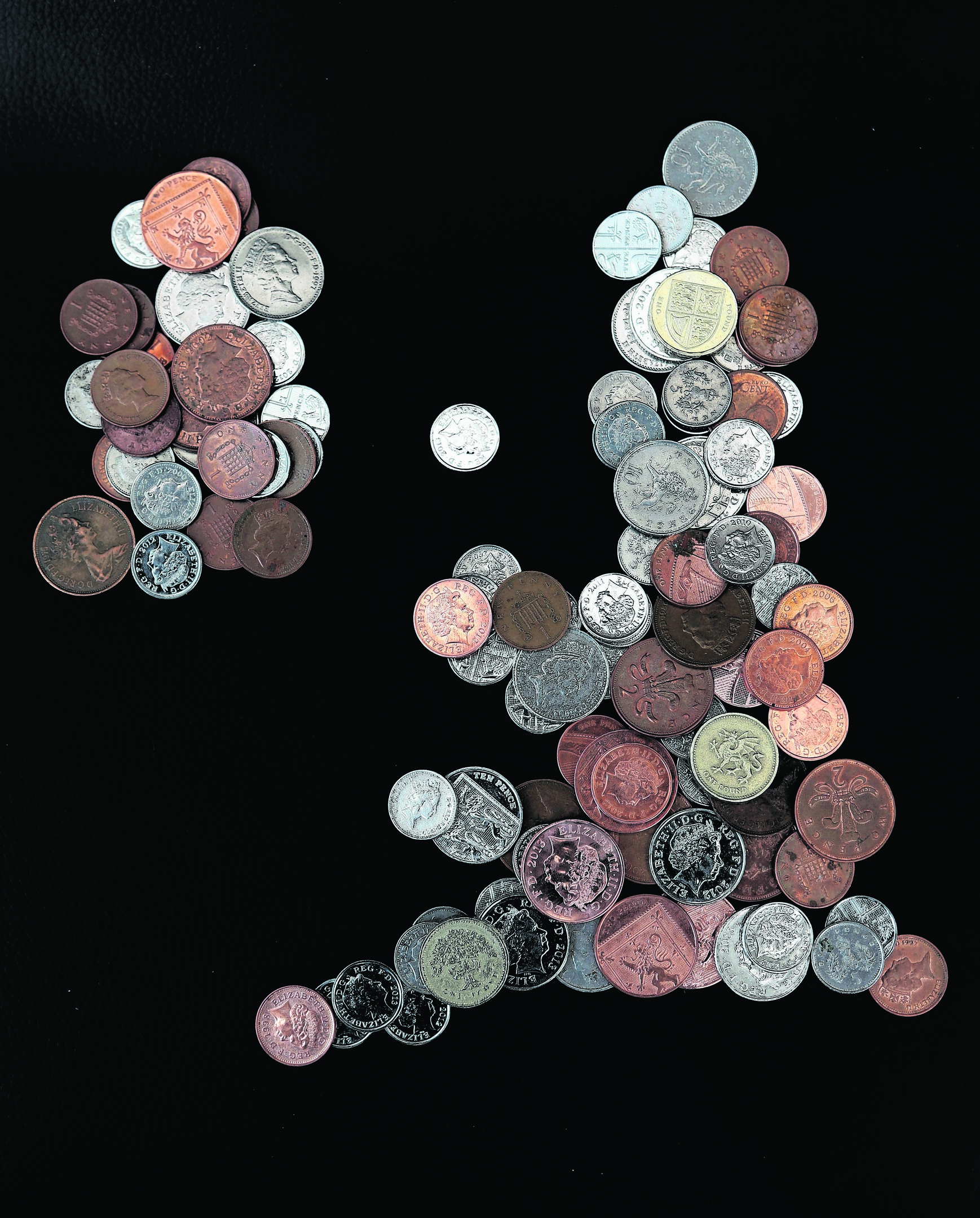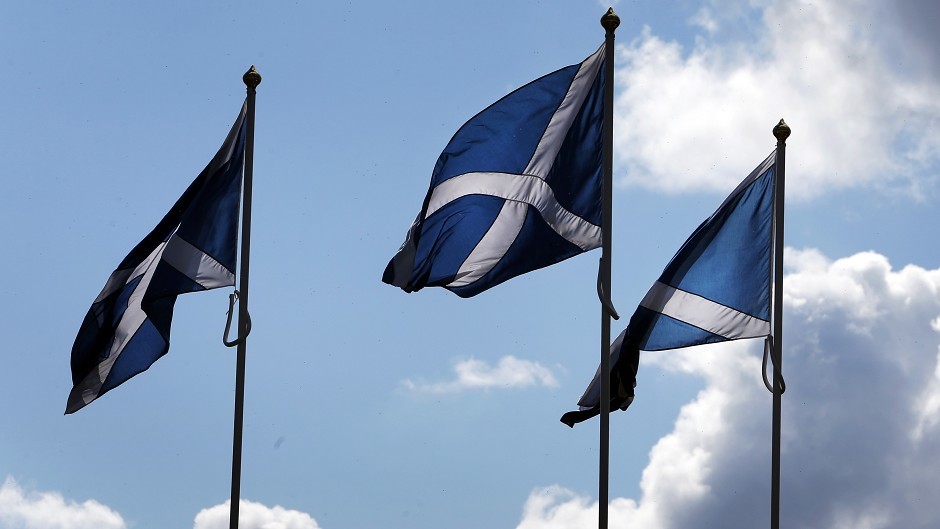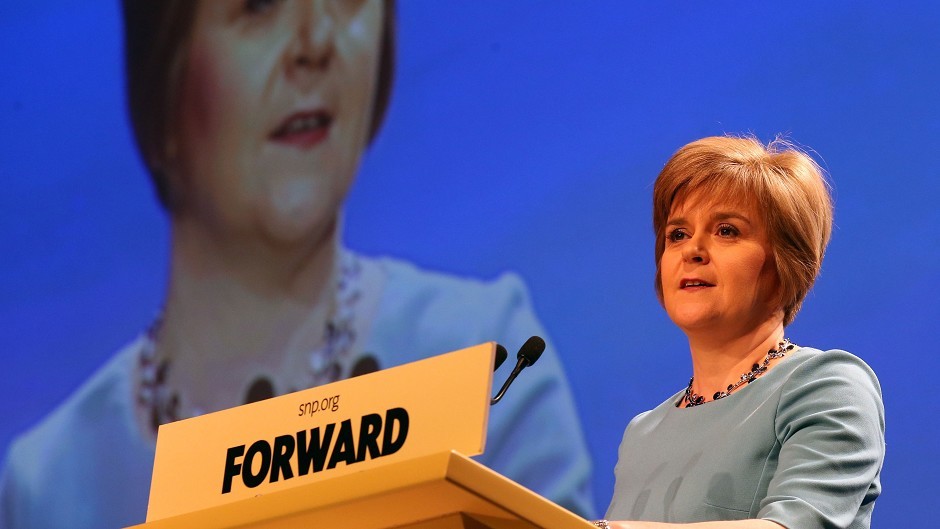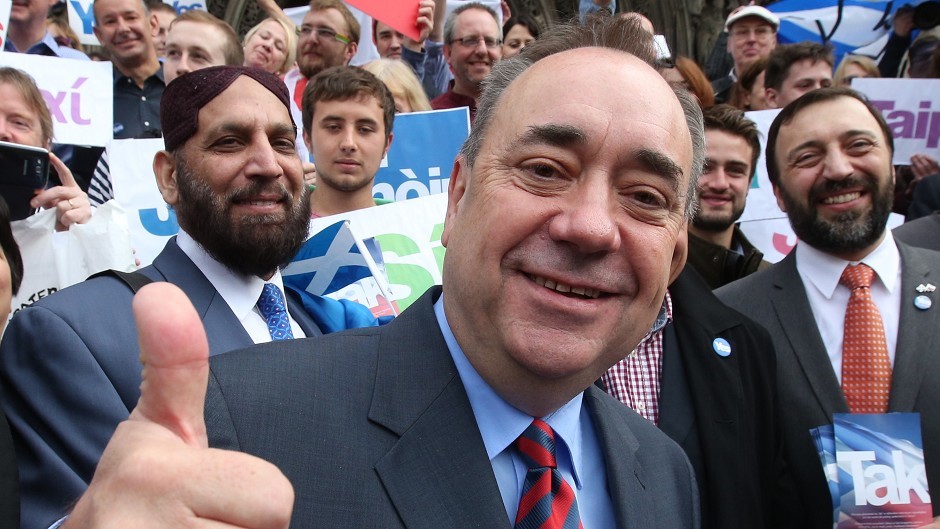With Scotland just days away from its date with destiny, Calum Ross examines the unanswered questions and “known unknowns” in the independence battle.
Here are 18 questions surrounding Scottish independence that simply haven’t been answered yet…
1) Will David Cameron have to resign if there is a Yes vote?
The prime minister will have presided over the break-up of a country that ruled most of the world a century ago, and he will have done it without publicly debating the issue, and after insisting that an alternative that was almost assured victory – “devo max” – be kept off the ballot.
Mr Cameron insists he would not have to resign, and a poll this week found only 30% of people south of the border thought he would. However, his reputation may be irreparably damaged when the realities hit home.
2) Will Ed Miliband have to resign if there is a Yes vote?
David Cameron is not the only one who may be worrying about his future. The Conservatives were never going to win the referendum for the No side, that was Labour’s job.
With polls suggesting many traditional Labour voters are switching to the Yes side, Mr Miliband would have questions to answer. Even if he did not stand down immediately, his chances of winning May’s general election without his 40-odd Scottish MPs would be diminished, so the writing could be on the wall.
3) Will the UK general election go ahead in May next year?
This is the first Westminster parliament to have a “fixed term” of five years, but there have already been calls for it to be delayed in the event of a Yes vote.
Huge questionmarks would hang over the election. How could Labour form a government if it was relying on its Scottish MPs for a majority? What would happen if there was a change of government bang in the middle of negotiations over Scottish independence? Would Scottish politicians who had spent the last two years fighting independence be asking their constituents to re-elect them to negotiate the best deal for Scotland?
4) What happens if Scottish independence can not be declared by March 2016?
There is a reason that the SNP has given an 18-month deadline to conclude negotiations, with independence day set as March 24, 2016. It is because the next Holyrood elections are due a few weeks later on May 5.
If a settlement was not reached, what is to stop Labour – maybe even on a joint platform with the Conservatives and Liberal Democrats – standing on a ticket of reversing the referendum outcome? If they won a landslide, they would arguably have a mandate to cancel the referendum result. Cue more constitutional chaos.
People in Aberdeen will remember the referendum for the City Gardens Project, which was scrapped after Labour took power locally, despite the public having backed it.
5) What happens in Northern Ireland and Wales?
Many Welsh and Irish nationalists support Scottish independence and would welcome a Yes vote. However, lots of unionists in the two countries would be aghast.
The balance of the UK would be completely altered, with England making up more than 90% of the population. Some have even suggested that it could destabilise the fragile peace in Northern Ireland.
6) What happens in England?
Scotland’s big neighbour will probably do some soul-searching after the referendum, whatever the result.
Calls for further devolution to the English regions have been growing south of the border, with many of the complaints in Scotland – including the destabilising economic power of London – also applicable to the north-west and north-east.
7) Would a Yes vote cause a domino effect around the world?
Next week’s referendum will be watched excitedly and nervously around Europe and the world. Some predict that a Yes vote would galvanise independence movements in Catalonia and the Basque regions of Spain, Flanders in Belgium, maybe Quebec in Canada, and even regions of Italy. It could trigger a chain reaction that would shake the world, for better or worse, depending on your view.
8) What happens to the UK’s nuclear deterrent?
The SNP’s commitment to removing Trident weapons from the Clyde within five years would give the rest of the UK a massive headache.
First, there are significant doubts that replacement facilities could be found in that timescale, or within any timescale because of the likely local opposition. Even if they could, the bill would be enormous, running into tens of billions of pounds. It seems likely that the rest of the UK would be forced to consider whether it was worth it.
9) What happens to the UK’s seat on the UN Security Council?
The five permanent members of the security council are currently the UK, Russia, France, China, and the US.
Questions are already being asked about the future of Britain and France among the five, given the rapid growth and economic power of the likes of Brazil and India. If the UK was to lose a tenth of its population, and potentially its nuclear deterrent, those voices are only likely to get louder.
10) What will Scotland’s currency be?
It is the question that has dominated the referendum campaign, but with a week to go we still do not have a definitive answer.
The SNP say it will be the pound, either in a currency union or unilaterally, but they can not guarantee the rest of the UK will back a union, and “sterlingisation” may prove economically unviable. The alternatives would be creating a new currency or joining the euro, both of which could be fraught with difficulties.
11) Will Scotland be able to re-join the European Union?
Most people agree Scotland would get back in the EU, however it would require the agreement of all 28 member states, and Spain in particular is likely to ensure the process does not look easy. However, the prospect of Scotland being refused entry is hard to imagine.
The real debate is how long it would take. The SNP says it could be achieved within the 18 months between a Yes vote and independence. Others claim it could take much longer. Interim arrangements would have to be put in place to protect Scotland’s farmers and fishermen if so.
12) Will the rest of the UK quit the EU?
Scotland is often seen as more pro-Europe than England. Prime Minister David Cameron has promised an in/out referendum on Britain’s EU membership in 2017, and a Yes vote in Scotland could arguably tip the balance towards an exit.
13) Will Scotland get more powers if it votes No?
The three main pro-UK parties have all committed to giving Holyrood extra powers in the event of a No, and Gordon Brown outlined an accelerated timetable his week.
Further devolution seems very likely, but there is not a single offer on the table, and many recall the 1979 devolution referendum when promises to Scots were broken after they were urged to vote No and get more autonomy.
14) What happens to the Barnett formula if Scotland votes No?
Scotland currently benefits under the funding distribution formula, but it is long overdue for reform. While far too controversial to be tackled before the referendum or the general election, the Welsh and some English regions are demanding change.
It will have to be reviewed soon, perhaps as part of a future convention on devolving more powers.
15) Will there ever be another independence referendum?
The SNP has said it would wait a “generation” before asking the public the independence question again, but it may be a quick generation if the result is close next week.
Some fear Scotland could find itself in what has been called “neverendum”, constantly revisiting the constitutional issue until there is a Yes vote.
16) What happens to the SNP after a Yes vote?
Will there be any need for the SNP after its primary goal has been achieved? Will internal divisions between left and right surface once the party’s discipline has been relaxed?
The post-independence realignment would affect other parties as well – could Scottish Labour dominate the nation once again after its link with London is broken? And could a new centre-right party thrive if the Conservatives ditched their tainted brand and started afresh in Scotland?
17) When will Alex Salmond stand down?
The first minister is widely expected to hand over the reins to his deputy Nicola Sturgeon before long.
This would perhaps happen sooner in the event of a No vote, as he is unlikely to want to miss the chance to become Scotland’s first prime minister.
18) Will Gordon Brown rescue his reputation?
While still relatively popular in Scotland, the former Labour prime minister remains much-maligned in England.
However, Mr Brown has taken a leading role in the No campaign in recent weeks, and could be given the credit for saving Britain if Scots reject independence next week.
